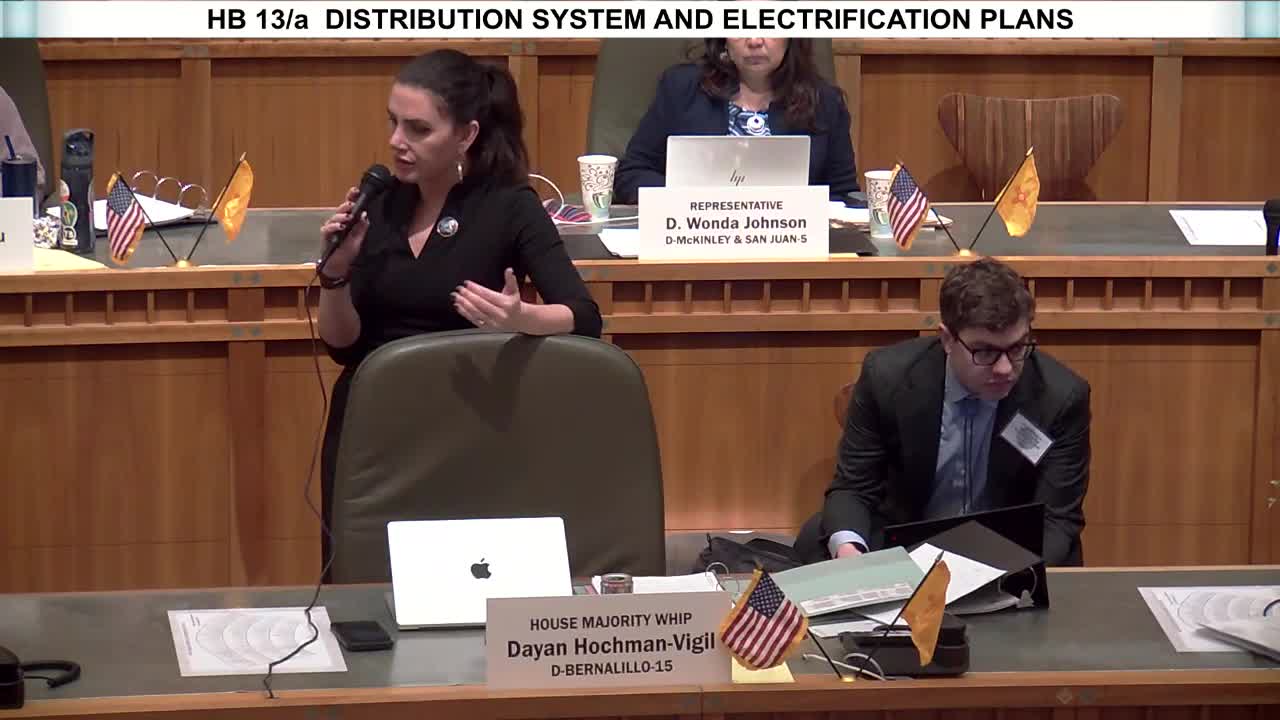House passes juvenile justice bill expanding interventions, adding offenses and a pilot stipend for some formerly incarcerated youth
Get AI-powered insights, summaries, and transcripts
Subscribe
Summary
Lawmakers approved a wide rewrite of juvenile corrections law that adds certain violent offenses to the youthful‑offender pathway, extends post‑release supervision, allows earlier intervention referrals from child welfare, and creates a pilot stipend for some former foster or delinquent youth entering postsecondary training.
The House approved a Judiciary Committee substitute for House Bill 255 after several hours of debate and a failed amendment to expand the list of offenses that can trigger an adult‑sanction referral.
The substitute broadens the youthful‑offender definition to include several additional crimes in discretionary circumstances, extends supervised release terms for youth transitioning back to communities and tolls (pauses) supervision time when a youth absconds until they return, and allows referrals from the Children, Youth and Families Department (CYFD) for services before adjudication. Supporters said the measure shifts attention upstream—toward prevention and reentry services—and preserves judicial discretion through the amenability hearing process. Opponents argued the changes do not go far enough to hold violent juveniles accountable and raised concerns about adding voluntary manslaughter to the youthful‑offender list.
The bill establishes local selection panels to screen adjudicated youth and advise placement and services. Those panels may include judges or judicial designees, public defenders or designees, district attorneys or designees, local schools, CYFD, local law enforcement, representatives of local programs and private citizens. The bill also renames the Juvenile Community Corrections Act to the Juvenile Community Connections Act and repurposes grant funds for local programs focused on violence reduction, substance abuse, trauma and workforce supports.
The substitute creates a pilot program that allows a stipend of up to $2,000 per month for qualifying individuals—former foster or delinquent youth—who enroll in postsecondary education, apprenticeships or approved workforce programs; sponsors said the stipend aims to remove barriers (housing, transportation) that often force formerly incarcerated young people to return to settings that increase recidivism.
Representative Dela Cruz, a co‑sponsor, described the bill as aiming to ‘‘intervene before youth commit more serious crimes’’ and to provide a bridge to employment and education for youth aging out of foster care. Supporters emphasized a mix of ‘‘carrot and stick’’—expanded services and continued judicial options for serious cases.
Representative Reed offered a House floor amendment that would have enumerated additional violent offenses as discretionary youthful‑offender charges; members debated the amendment and then voted 32–27 to table it. Later, the House voted 34–24 on final passage of the committee substitute.
The measure drew sustained floor comment from members who said they have been repeatedly urged by constituents for stronger responses to violent juvenile crime; others emphasized the limits of incarceration and the need for community‑based services and workforce pathways. The bill requires rules and program administration across multiple agencies and establishes priorities for fund use that include violence reduction, substance‑use services, mental‑health treatment, education and job training.
